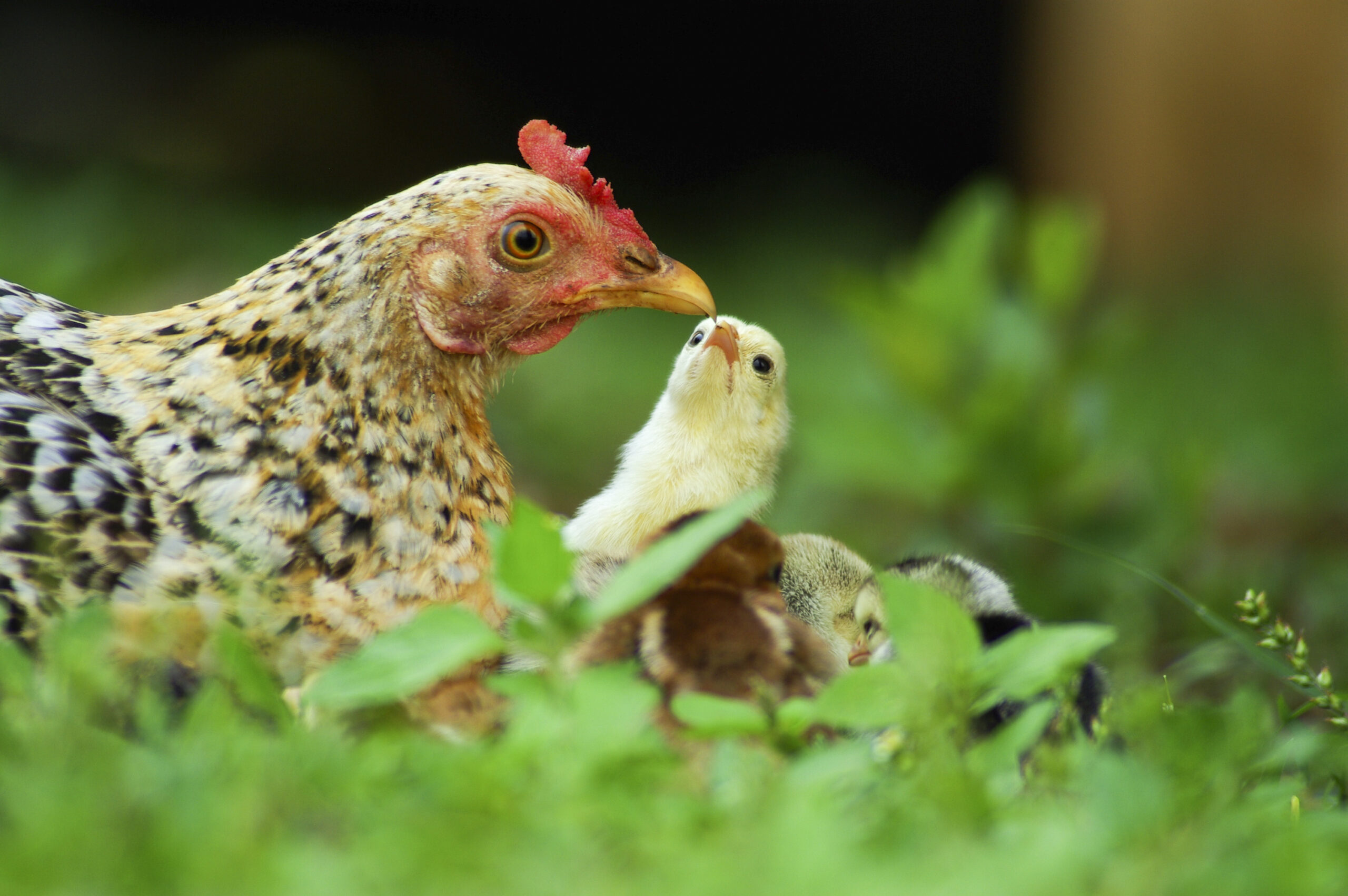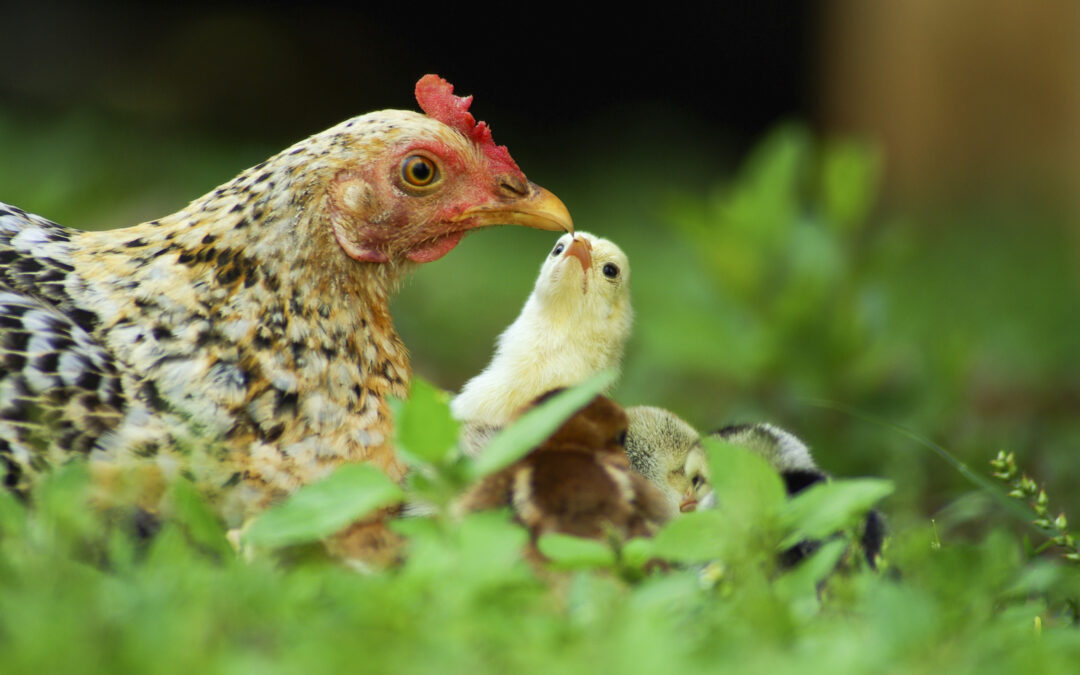In a world that often feels unpredictable, the importance of emergency preparedness cannot be overstated. Natural disasters, health crises, and unexpected emergencies can strike at any time. Understanding the need for preparation is the first step in safeguarding yourself and your loved ones.
*Understanding the Need: Why Emergency Preparedness Is Critical**
Why should you invest time and resources into preparing for emergencies? The answer is simple—uncertainty. From hurricanes to pandemics, various events can disrupt our lives without warning. These situations may lead to power outages, food shortages, or even evacuation orders. Preparedness allows individuals and families to respond effectively rather than react impulsively when faced with a crisis.
*Essential Supplies: What to Include in Your Emergency Kit**
An effective emergency kit is your frontline defense. Start by stocking up on essentials such as water (one gallon per person per day for at least three days), non-perishable food items, a flashlight with extra batteries, a first-aid kit, and any necessary medications. Don’t forget important documents like insurance papers and identification—store them in a waterproof container! It’s also wise to include tools like multi-tools or duct tape; these versatile items could prove invaluable during an unforeseen event. Tailor your kit based on the specific risks you face in your area—whether it’s floods, earthquakes, or wildfires.
*Creating a Family Emergency Plan: Communication and Safety Strategies**
Having supplies is only part of the equation; creating a family emergency plan is equally crucial. Sit down with your family members and discuss potential scenarios you might encounter. Determine meeting points in case you’re separated and designate an out-of-area contact who can relay messages if local communication fails. Practice escape routes from your home; ensure everyone knows how to respond when danger strikes. This proactive approach not only enhances safety but also fosters unity among family members during stressful times.

*Staying Informed: The Role of Information in Crisis Situations**
Knowledge is power—especially during emergencies! Make staying informed part of your preparedness strategy by subscribing to local alerts through weather apps or community notification systems. Social media platforms can provide real-time updates as well but remember to verify information before acting on it; misinformation can lead to panic or poor decision-making. Also consider keeping a battery-operated radio handy—it can be a reliable source of updates if power goes out.
*Practicing Preparedness: Drills and Training for All Scenarios**
Preparedness isn’t just about gathering supplies; it requires practice too! Conduct regular drills with your family so everyone understands what actions they need to take during various emergencies—from fire evacuations to severe weather warnings. Consider enrolling in classes that teach basic first aid or CPR techniques; these skills could save lives when seconds matter most.
Thank you for reading this post, don't forget to subscribe NOW for FREE!
*Beyond the Basics: Community Resources and Support Networks**
Finally, don’t underestimate the value of community resources! Local organizations often provide training sessions or disaster response workshops that equip residents with vital skills and knowledge. Building relationships within your neighborhood creates a support network that can be indispensable during tough times—a united front tends to weather storms better than individuals alone.
Emergency preparedness isn’t just about surviving; it’s about thriving amid chaos. By understanding its importance and taking proactive steps now, you’ll feel more secure facing whatever uncertainties lie ahead!






